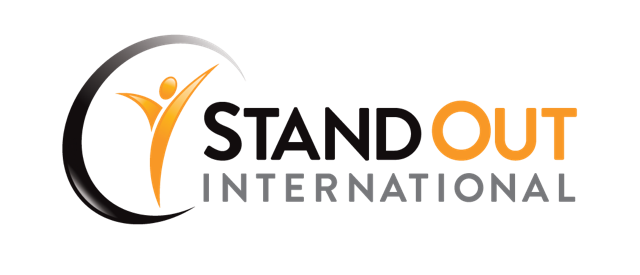Experience is the best teacher. Unfortunately, having an experience does not guarantee learning from it.
From my personal experience, people with a positive attitude tend to have a strong learning mindset: they show curiosity, ask a lot of questions, seek and learn from new challenging experiences, are inquisitive and interested about others, and are willing to take risks.
A simple way to develop a more positive attitude is to foster a learning mindset, the ability to learn from experience. Yet many people either take it for granted or ignore it outright.
The biggest barrier to learning from experience is many of us live our lives on “automatic pilot” making little or no efforts to learn from experiences. We run from meeting to meeting, jump from task to task, or allow interruptions to distract us, without consciously thinking about what we are really doing. This mindlessness prevents us from gaining valuable learning insight from experience.
Another obstacle to an open learning mindset is a lack of self-efficacy, the belief in our own ability to deal with various situations. People with weak self-efficacy tend to avoid challenging tasks or difficult situations, focus on negative outcomes, and lose confidence in personal abilities to learn and grow. They tend to stay in a place of “comfort”, rather than seeking new, challenging assignments.
My colleague Steve Terrell, an expert in organizational transformation, has written a paper on “Learning Mindset – foster the ability to learn from experience” *). He recommends three methods to develop a strong learning mindset and boost a positive attitude:
1. Practice MindFULness instead of MindLESSness
Mindfulness is a state in with we focus on present and direct experiences. We pay attention to the present, we live in the now. We are intentionally aware and attentive to our environment and immediate experience. In order to do that, it takes mindfulness, a mental and emotional awareness and consciousness of our thoughts and feelings.
Focus on what you “feel”. Trying to understand mindfulness by its definition is like trying to understand what it is to “fall in love” by reading a textbook. You might get a general idea, but you would be missing out on the best part: what it actually feels like.
2. Use “preflection” and “reflection” questions
Each morning, use those two questions to “preflect”:
• What are the opportunities for learning for me today? What do I want to learn today?
• Who will I meet I can learn from? What situations will give me an opportunity to learn?
Each evening, “reflect” on the following questions:
• What did I learn today? What key insights or lessons did I take away?
• Who was most influential and valuable in my learning experience? What did they teach me?
3. Focus on “Learning Questions” and avoid “Judging Questions”
When facing a challenge, problem or interpersonal conflict, apply learning questions and withhold any judgments:
Learning Questions
• What works?
• What am I responsible for?
• What can I learn?
• What is useful about this?
• What the big picture?
• What is my lesson in this?
• What can I change?
Judging Questions
• What is wrong?
• Why me?
• Whose fault is it?
• Why did they do this to me?
• What can I do to prove I am right?
• How will this be a problem?
• Why bother?
By consciously and repeatedly applying those “mindful” practices, you will develop your learning mindset. Over time, you will begin to develop new neural pathways that contribute to new habits and behaviors toward a positive attitude.
*) To download Steve Terrell’s E-book “Learning Mindset” visit his website: www.aspireconsulting.net


